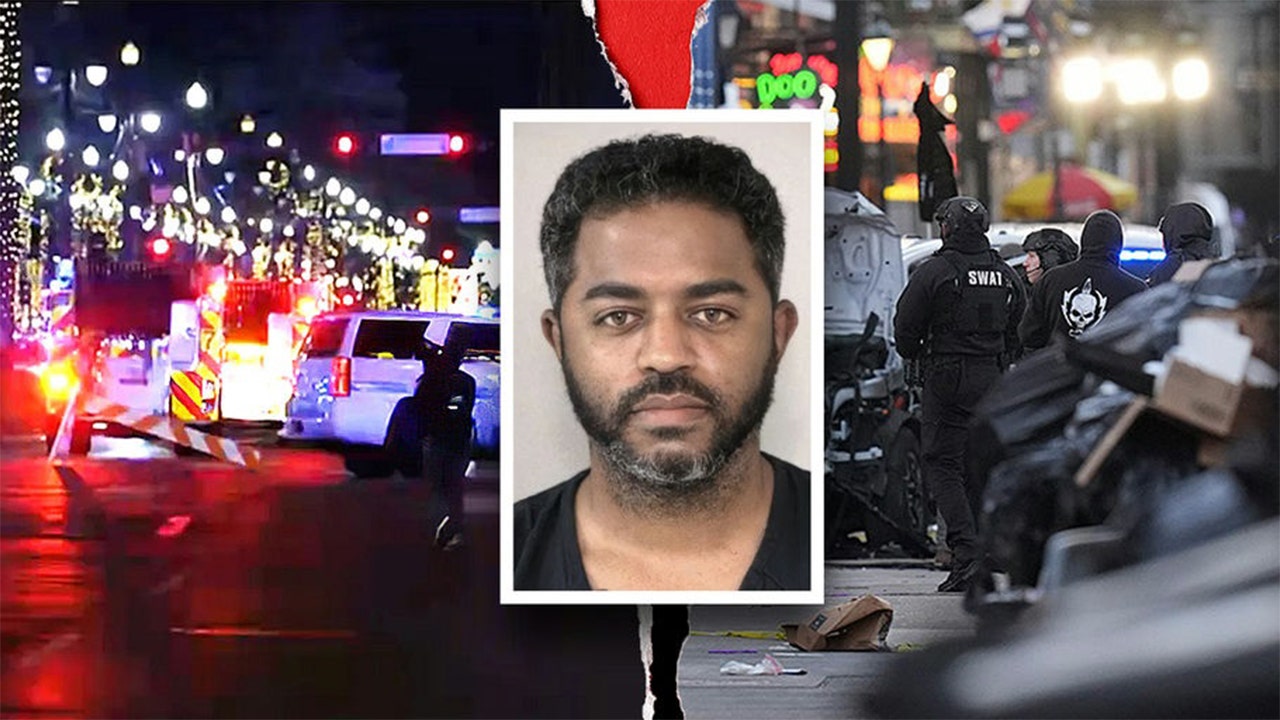Prince Harry was not improperly stripped of his publicly funded security detail during visits to Britain after he gave up his status as a working member of the Royal Family and moved to the U.S., a High Court judge ruled Wednesday.
Justice Peter Lane said in the High Court that the decision to provide security to Harry on a case-by-case basis was not unlawful, irrational or unjustified.
The Duke of Sussex claimed he and his family were endangered when visiting the U.K. because of hostility toward him and his wife on social media and relentless hounding by news media.
His lawyer argued the government group that evaluated Harry’s security needs acted irrationally and failed to follow its own policies that should have required a risk analysis of the duke’s safety.
Prince Harry and Meghan Markle are in Whistler, B.C., to promote the inaugural winter Invictus Games set to start in one year. Royal watchers say it’s a good PR move for the couple, whose popularity has significantly dropped in recent years.
“Insofar as the case-by-case approach may otherwise have caused difficulties, they have not been shown to be such as to overcome the high hurdle so as to render the decision-making irrational,” Lane wrote in the 51-page ruling.
A spokesperson for Harry said he planned to appeal the ruling.
“The Duke is not asking for preferential treatment, but for a fair and lawful application of RAVEC’s own rules, ensuring that he receives the same consideration as others in accordance with RAVEC’s own written policy,” the spokesperson said in a statement.
A government lawyer said the Executive Committee for the Protection of Royalty and Public Figures, known as RAVEC, had not decided Harry should not receive protection, but that he should not have it on the same basis as before.
The government cited a security detail that guarded him in June 2021, when he was chased by photographers after attending an event with seriously ill children at Kew Gardens in west London.
The committee considered the wider impact that the “tragic death” of his mother, the late Princess Diana, had on the nation, and in making its decision gave greater weight to the “likely significant public upset were a successful attack” on her son to happen, said James Eadie, representing Britain’s Home Office.
Harry, 39, the younger son of King Charles III, has broken ranks with royal family tradition in his willingness to go to court to challenge both the government and take on tabloids in his effort to hold publishers accountable for hounding him throughout his life.
‘Best in class’ security sought while in Canada
The change in status was communicated to Harry on Feb. 28, 2020, at a time when he and his wife Meghan were living on Vancouver Island. It was a time, according to Wednesday’s judgment, that London’s Metropolitan Police Service “were keen for the situation to be resolved as swiftly as possible, especially since they had officers in Canada with the claimant and his family.”
That was a day after CBC News reported Public Safety Canada said that RCMP security offered to the Duke and Duchess of Sussex since they arrived in late 2019 would soon cease, citing the fact they would stop being active members of the Royal Family on March 31.
“The Duke and Duchess of Sussex choosing to relocate to Canada on a part-time basis presented our government with a unique and unprecedented set of circumstances,” the office of then-Public Safety minister Bill Blair said at the time.
On that note, per an email summarized in the judgment, a RAVEC representative was “scoping what ‘best in class’ commercial security provision is available in Canada and the U.S.”
British officials were under the impression the couple would spent the “majority of their time” over the next 12 months in British Columbia. The couple instead decamped to California on March 14, just as the COVID-19 pandemic was officially declared.
The couple recently returned to B.C. for a visit coincided with the Invictus Games. Prince Harry founded the Games for wounded or injured service personnel and veterans.
Several legal battles
The lawsuit over his security detail was one of six cases Harry has brought in the High Court.
Three were related to his security arrangements and three have been against tabloid publishers for allegedly hacking phones and using private investigators to snoop on his life for news stories.
In his first case to go to trial, Harry won a big victory last year against the publisher of the Daily Mirror over phone hacking allegations, winning a judgment in court and ultimately settling remaining allegations that were due to go to trial. While the settlement was undisclosed, he was to be reimbursed for all his legal fees and was due to receive an interim payment of 400,000 pounds ($687,000 Cdn).
He recently withdrew a libel case against the Daily Mail over an article that said he tried to hide his efforts to continue receiving government-funded security. Harry dropped the case after a judge ruled he was more likely to lose at trial because the publisher could show that statements issued on his behalf were misleading, and that the February 2022 article reflected an “honest opinion” and wasn’t libelous.
The ruling on Wednesday comes as the British government announced an extra 31 million pounds ($53 million Cdn) to provide new security provisions for lawmakers and other officials amid growing concerns about their safety, as divisions over the Israel-Hamas war have convulsed British politics.




















Discussion about this post